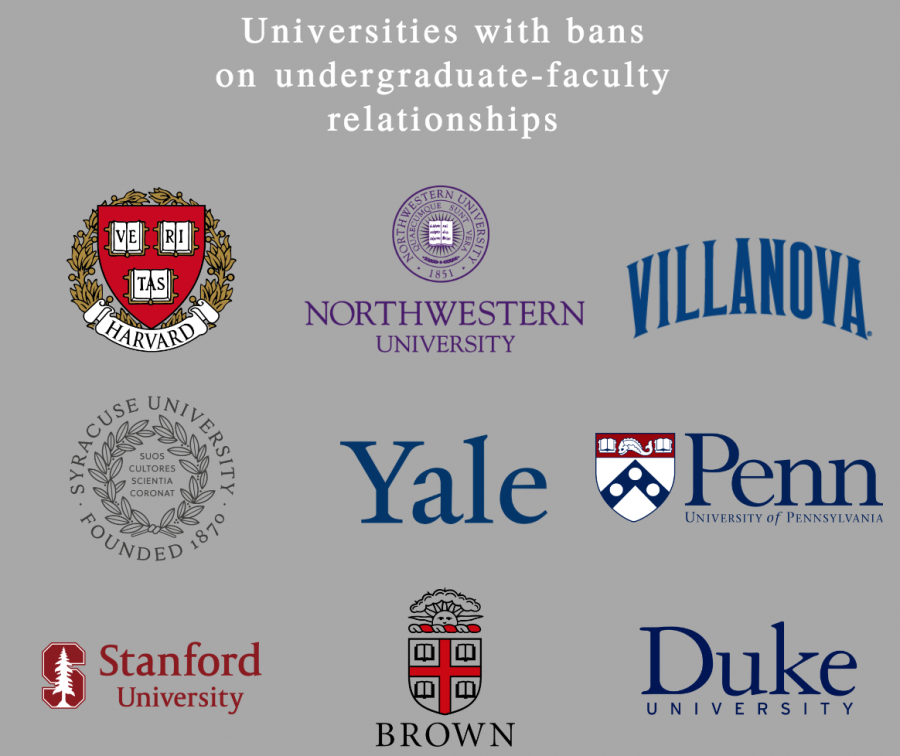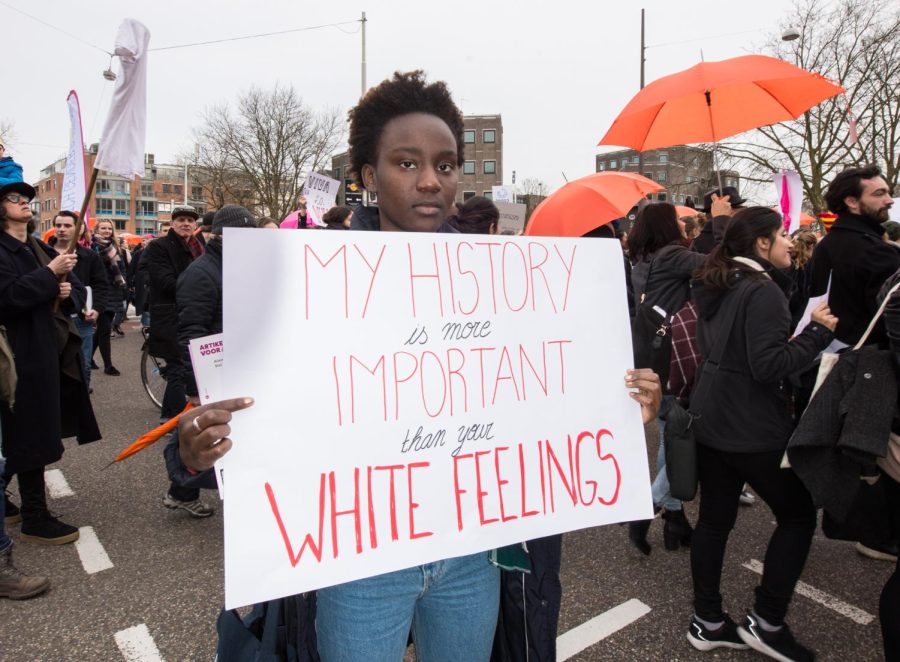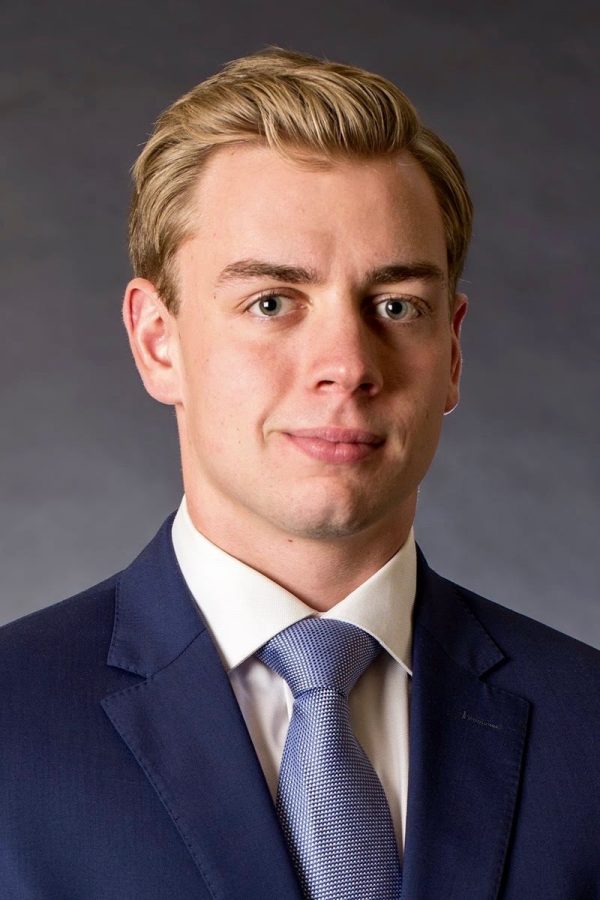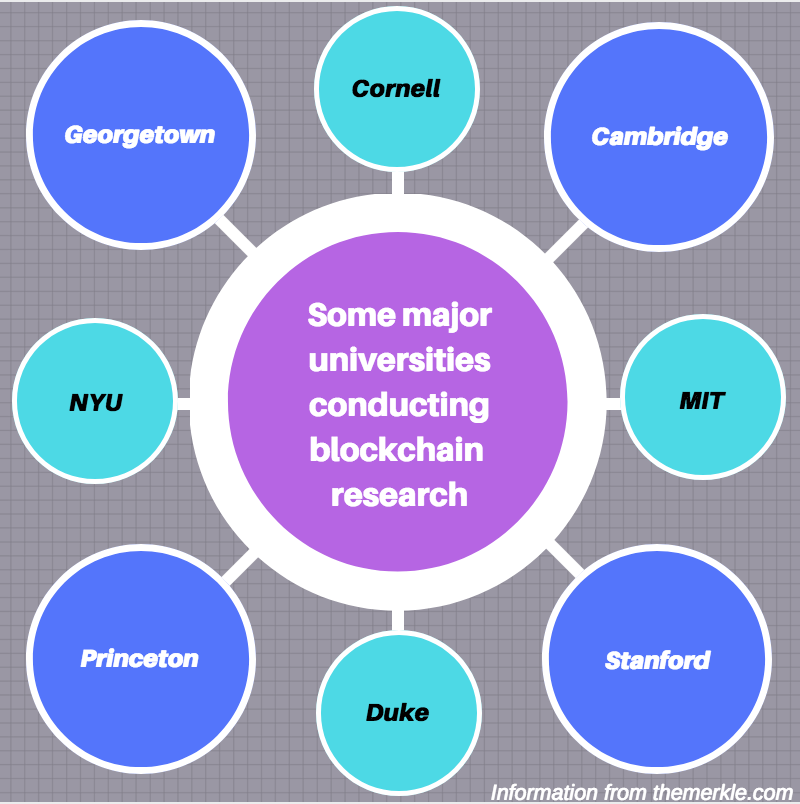This week, Syracuse University announced that they banned sexual and romantic relationships between students and university employees, including professors. It’s time for Marquette to take similar measures to ensure that students are receiving an education free from harassment, coercion or unequal treatment.
Syracuse joins universities like University of Pennsylvania and Duke University, which have also recently introduced bans on sexual relations between faculty members and undergraduate students. These bans can be seen as a response to the #MeToo movement, which is raising awareness of the prevalence of sexual assault and harassment, especially in the workplace.
In contrast to Syracuse, Marquette’s rules regarding relationships between students and professors are currently unclear.
Marquette’s faculty and employee handbooks don’t currently reference rules regarding romantic or sexual relations between undergraduate students and professors. The Title IX Sexual Harassment, Discrimination and Sexual Misconduct Policy also fails to address potential rules.
Nearly all Marquette students are 18 years old or above. This means that undergraduate students and their professors can have a consensual relationship under Wisconsin state law.
However, professors have a position of power over students. This power dynamic is especially present if the student is a member of the professor’s class. If an undergraduate student discovers that a classmate is having a sexual relationship with their professor, he or she might worry that the student is receiving unfairly positive grades or treatment.
Sexual advances by professors also have potential to be unwanted and harmful. In August, a Northwestern University journalism professor was fired after 10 students and employees wrote a letter to school officials alleging that the professor harassed and bullied them. The letter stated the professor “initiated unwanted physical contact, made inappropriate sexual comments, pressured them to share intimate details about their lives, and insulted and verbally abused students and employees.” Professors at George Mason University, University of California, Berkeley and University of Wisconsin Oshkosh have also faced harassment allegations by students.
Marquette does not have any publicized instances of sexual harassment complaints by students against professors. However, it’s important for the university to look at what students are facing at other institutions and take steps to prevent the same type of behavior.
Marquette should institute a policy where sexual or romantic relationships between faculty members and undergraduate students are banned completely, even if the relationship appears consensual. Relationships between faculty and graduate students should be strongly discouraged, if not also banned.
This proposed policy would differ from universities like Cornell University, where relationships are banned only during the period of instruction between the student and professor. Even if an undergraduate student is having a relationship with a professor that they’re not in class with, this relationship can still have an uneven power dynamic. This dynamic could arise if the student is part of the faculty member’s college, where research opportunities and recommendations can be valuable.
Marquette may face pushback from both students and faculty if the university enacts the ban. These groups will likely be fearful of the university regulating their private life, regardless of if they’ve had a relationship with a student or faculty member.
Reviewing student-faculty relationships on a case-by-case basis instead would be extremely difficult. The power difference between the two groups is so vast that it may be unclear if the relationship is completely consensual, despite outward appearances. The student may also face negative consequences only after their relationship with a professor ends.
A ban on undergraduate-faculty relationships would represent a form of protection for Marquette students from potentially harmful and unhealthy relationships. It would also show that Marquette recognizes the need for change in their sexual harassment policies in response to the #MeToo movement.












